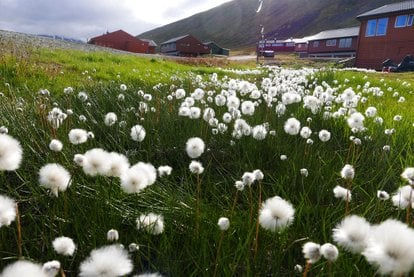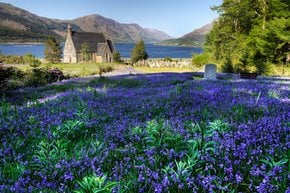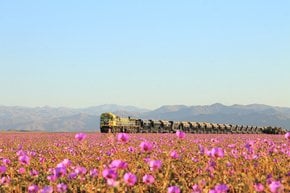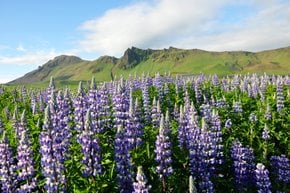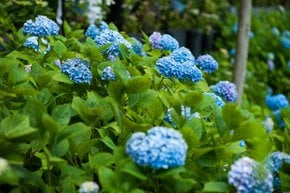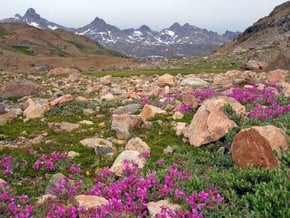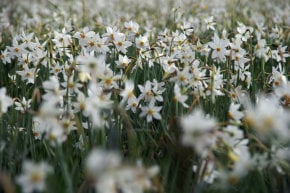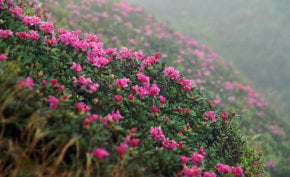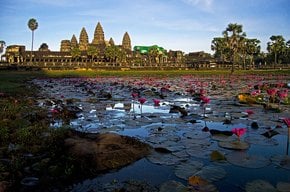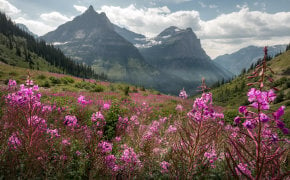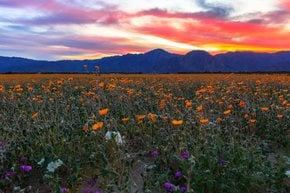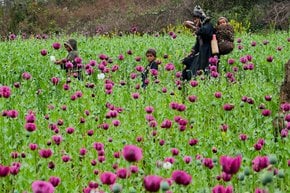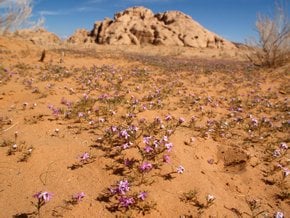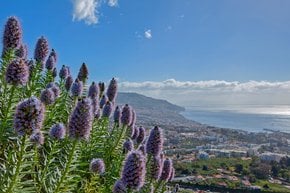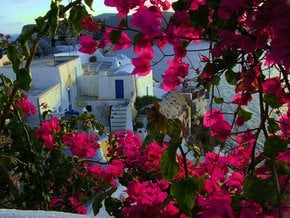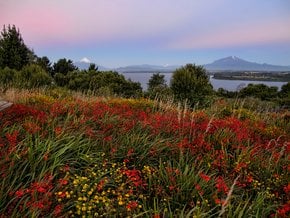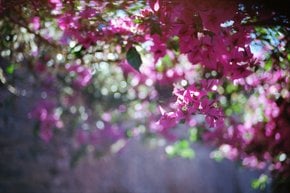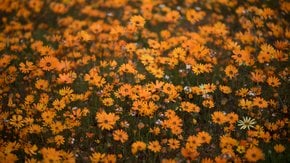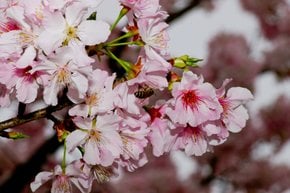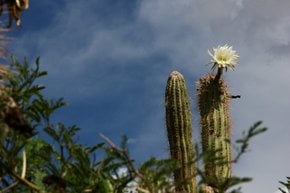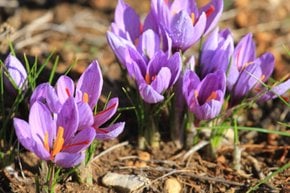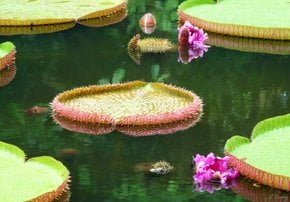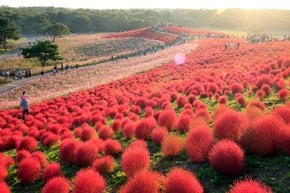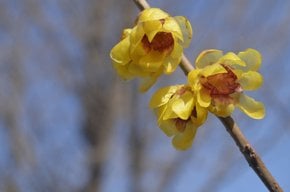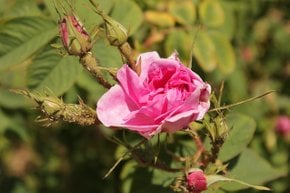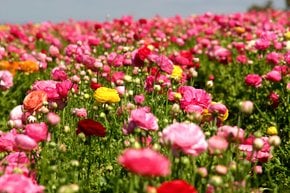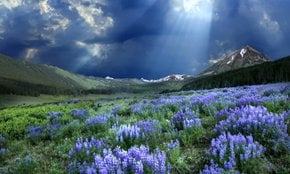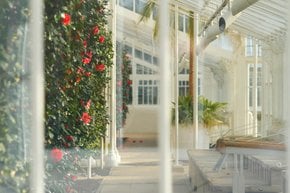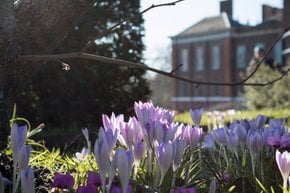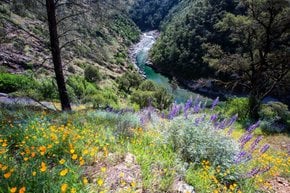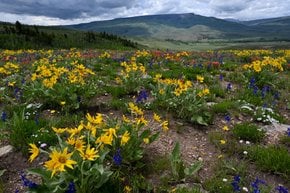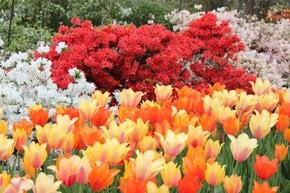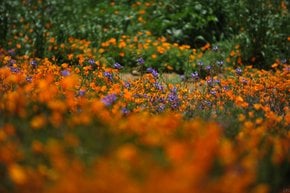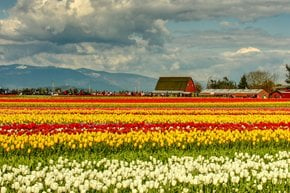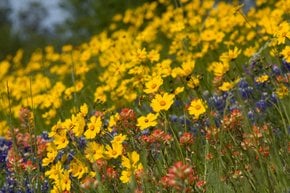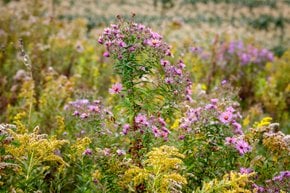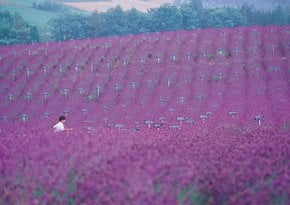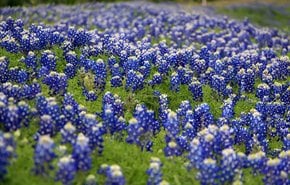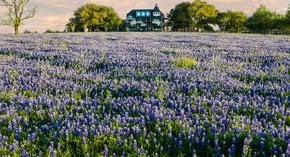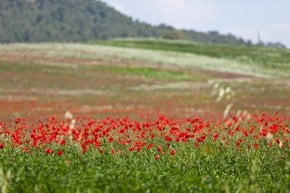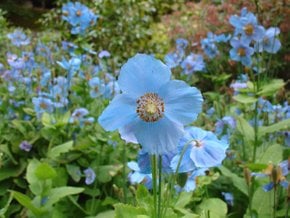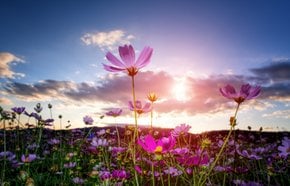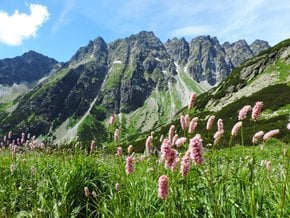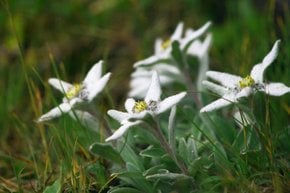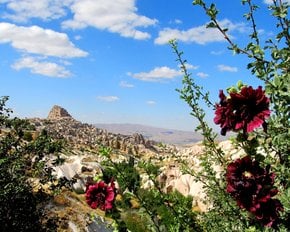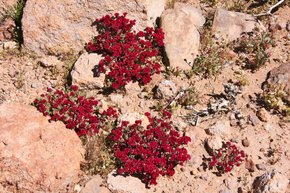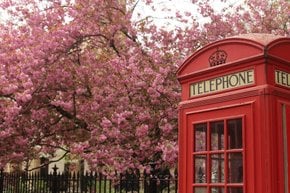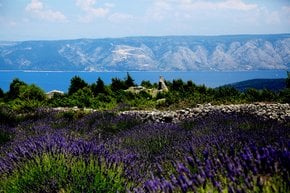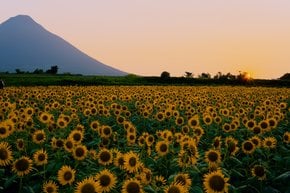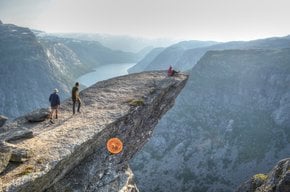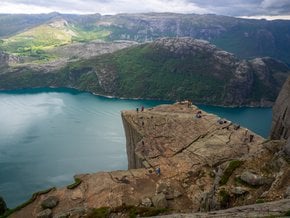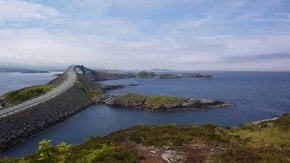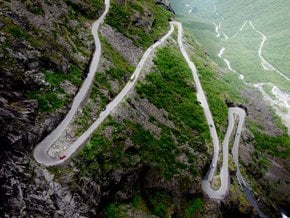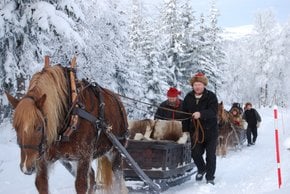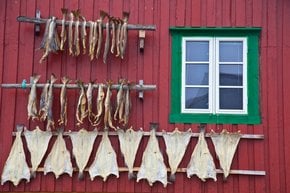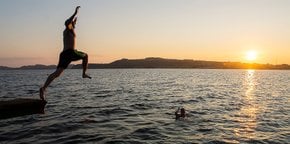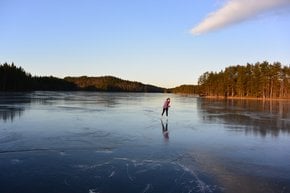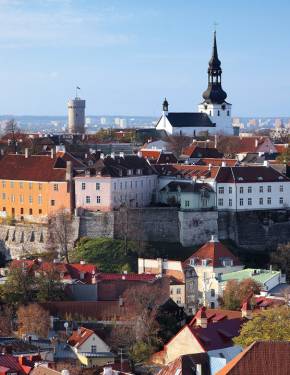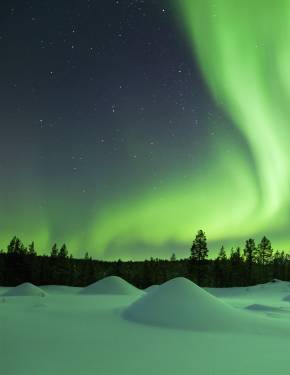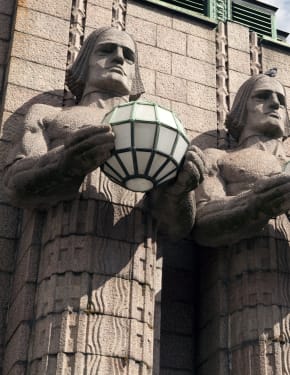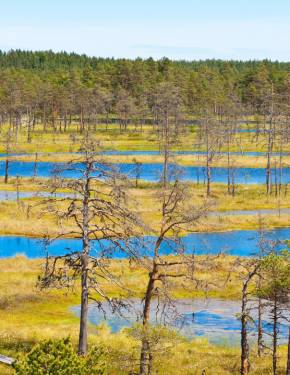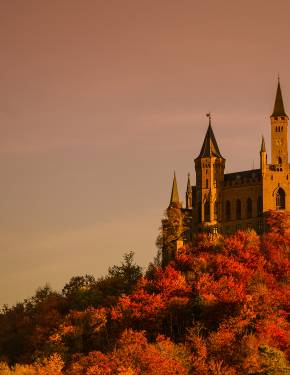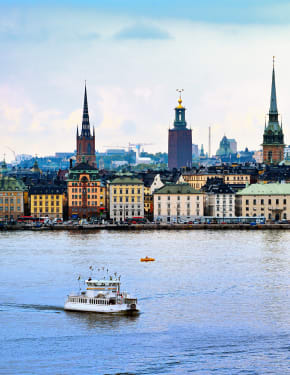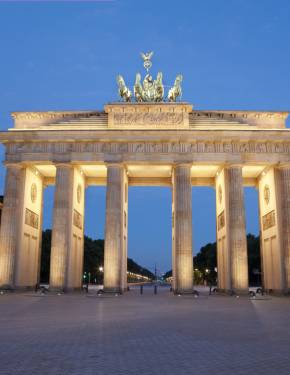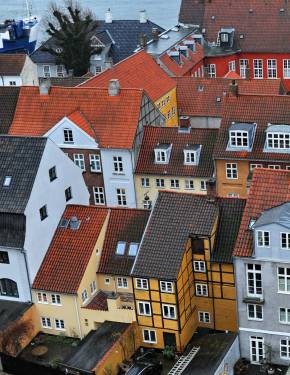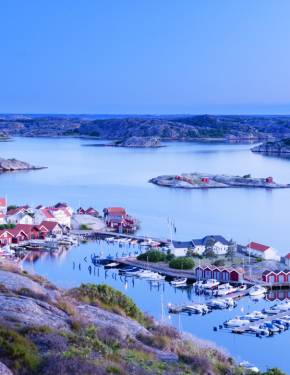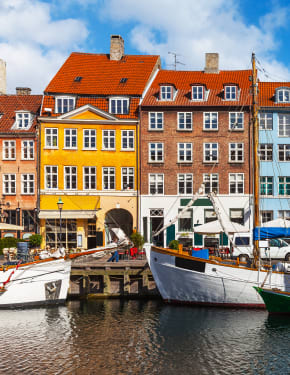Wild Flowers in Norway 2026
Delicate flowers add liveliness and color to the seemingly barren Arctic's Nordic fields
Best time: May–August
As spring arrives in Norway, the country's wildflowers begin to bloom across its diverse landscapes, from coastal areas to mountains and the Arctic tundra. Among these are Arctic wildflowers like Arctic Willow, Moss Campion, Sedum, draba, Svalbard poppy, Arctic Chickweed, Snow Buttercup, and Tufted Saxifrage. These plants thrive in Norway's unique conditions and are particularly abundant in the spring, adding vibrant colors to the northern terrain.
Blooming Season
Arctic wildflowers in Norway bloom between May and August, with peak blooming periods occurring in June and July.
Mainland
Mainland Norway offers a variety of stunning locations for observing wildflowers. The Sognefjellet Mountain Road (Route 55) is one of the best spots, offering scenic views of Skjolden and Jotunheimen National Park and the Mørkridsdalen Valley, known for its rare flora. Other notable locations for wildflower enthusiasts include Hardanger in Fjord Norway, famous for its fruit tree blossoms and wildflower meadows, and Gossen, near Aukra Church, which is home to historic daffodil meadows dating back to the 18th century.
Valldal in Sunnmøre, located in Fjord, Norway, boasts a variety of wildflowers in the summer. For alpine wildflowers, Jotunheimen National Park is a prime destination, featuring species such as buttercups, arctic poppies, and gentians. Dovrefjell-Sunndalsfjella National Park, known for its rare orchids and Arctic flora, also offers a chance to see highland wildflowers. These locations, along with the warmer months of May to August, provide opportunities to experience the diverse flora of mainland Norway, including both northern boreal and alpine species.
Lofoten Islands
The Lofoten Islands are a stunning location for wildflower enthusiasts, especially during the summer months of June and July. In some villages, such as Reine, wildflowers bloom on the grass roofs of traditional Nordic houses. These roofs not only add a picturesque touch to the landscape but also help regulate the temperature inside the buildings during extreme weather conditions. For those looking to explore more, Horseid Beach in Moskenesøy, meadows in Flakstadøy, and Ramberg Beach in Flakstad offer vibrant displays of wildflowers in early summer. The Lofoten Islands' mix of rugged coastlines and lush meadows creates a stunning contrast, with wildflowers like fireweed, bellflowers, and marsh marigolds enhancing the natural beauty of the region.
Svalbard Archipelago
The Svalbard Archipelago is home to some of the most stunning wildflower landscapes in the Arctic. Species like spiked snow-grass, Svalbard poppy, sulfur-colored buttercup, and cottongrass can be found throughout the archipelago, particularly in areas like Longyearbyen along Adventfjorden on the west side of Spitsbergen. Bear Island, the southernmost island in Svalbard, is especially rich in wildflowers, hosting a variety of species, including Arctic Willow, Moss Campion, Sedum, Draba, Arctic Chickweed, Snow Buttercup, and Tufted Saxifrage. The greatest Saxifrage beds in the archipelago are also found here, contributing to the area's exceptional floral diversity during the summer months.

